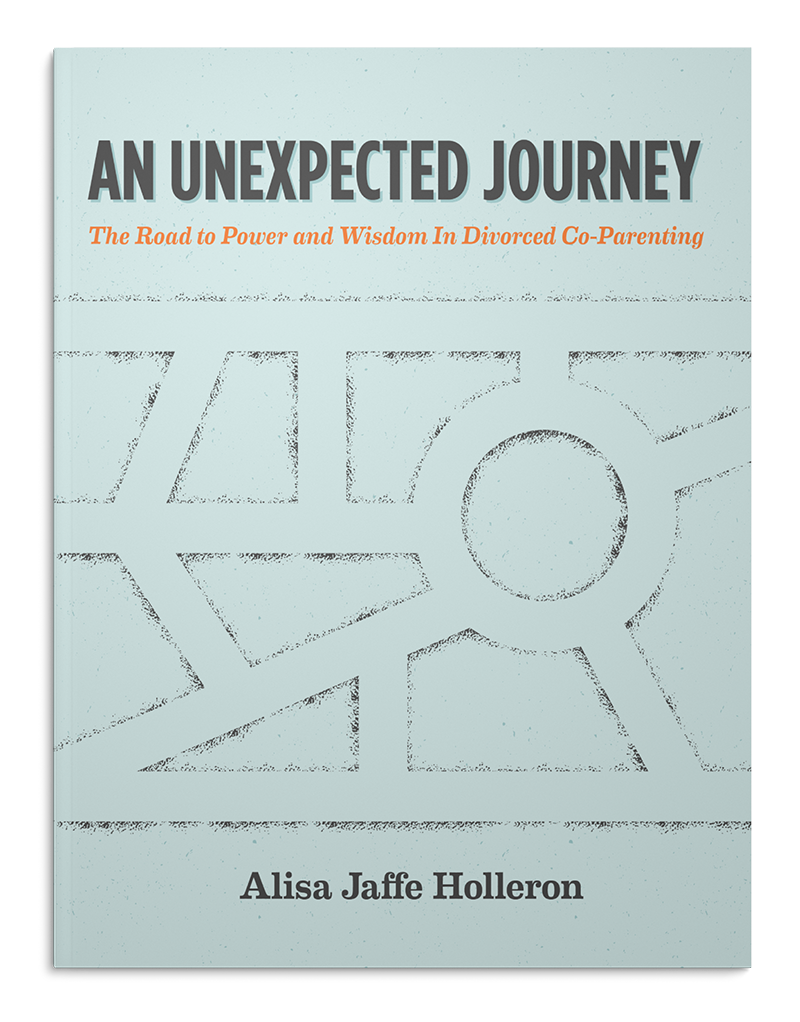I have a question about anger in this process. Everyone in the system seems to say that I need to put it behind me, squash it, or hide it and work as amicably as possible with the other parent. My therapist tells me I have every right to be angry and that it fuels me to keep fighting for my kids. It feels like my ex is constantly, purposely doing irritating things to get under my skin. My ex acts like the perfect angel, model parent, and a victim in front of the mediator, coparent counselor, judge … And all of her actions (lots of irritating things that fall under the radar because they’re done covertly and passive-aggressively and are undisclosed to the court) are hidden away because I am the one that is visibly angry, upset, or reacting. I took your class and I understand that power and wisdom comes from getting past that emotional reactivity, but I’m having a lot of trouble with it. I am mindful, happy, calm, even peaceful until some kind of interaction with or threat from my ex – then the buttons get pushed and I’m off like a rocket. I don’t know what to do to soothe that anger. It’s her strategy to irritate me so that I get upset. Anonymous
Dear Anonymous,
This is such an excellent question, and one that comes up often. Anger is a difficult and powerful emotion.
First of all, I want to respond to the differences you’ve heard about whether anger is a good thing or not. You say the system tells you not to be angry, and that your therapist tells you it’s OK to be angry. In my mind, anger is neither good nor bad, right nor wrong. It just is. What I mean by that is that anger just comes when it comes, whether we like it or not, or want it or not. We don’t ask for anger to come, and we don’t will it to come, so deciding whether it’s good or not is really not a meaningful question. And, if you’re trying not to get angry, you’re going to be frustrated, because anger comes on it’s own without your consent.
The important thing is what you do when anger comes. If you act out of anger, that is often problematic. As you will remember from taking the class, when you act out of emotionally reactive states such as anger, you often wind up doing things that work against your own best interests and the best interests of your children. When you get in emotionally reactive states you lose your ability to be rational, reasonable and thoughtful. That’s why you do things that wind up being counter-productive. In your case, you look visibly upset and reactive, which works to your disadvantage, because you look crazy and your ex looks good. It is important to be able to work your way out of emotionally reactive states when they come so you don’t do things that you regret. This is very different than trying not to get angry.
Here are some recommendations that I hope will be helpful:
1. Expect to get angry. Expect your ex to do all the things she does that are triggering to you. If you are expecting to get angry, as opposed to trying not to get angry, you will be more prepared.
2. Be mindful before and throughout any interactions with your ex. Being mindful doesn’t mean being calm and happy, it means BEING AWARE. Keep your attention on your breath, and notice your thoughts, feels, physical sensations. This way, when anger arises, you will be aware of it, and be much more able to work with it.
3. When anger comes, simply notice it. Don’t fight it or try to push it away. Let it be there, but at the same time notice that anger is not all of who you are. When you are mindful, you will realize that the part of you that is observing the anger is not angry.
4. I like to talk to my anger, as if it is a person that is a part of me. I say “Oh, hello Anger, I see you’re here again. I know you’re upset, but I’ve got this under control.” It helps me to see my anger as a scared part of myself, a scared child that needs soothing, and I soothe it. The important part is not to let the angry part be the one that does the talking! Even if you’re angry, you want to talk from a calm part of yourself.
5. Deep breathing can help. Breath into the part of your body that you feel the anger in. This will help calm it.
6. Don’t expect the anger to go away. I think this is where you’re getting caught. Using mindfulness, you can allow anger to be there but step into a different part of yourself.
7. Review Chapters 2, 4 and 5 in my book. These chapter cover mindfulness, emotional reactivity and knowing what you can and can’t control. You can also review these sections in the online class.
Thanks so much for your question and please let me know how it goes!
Alisa
.



